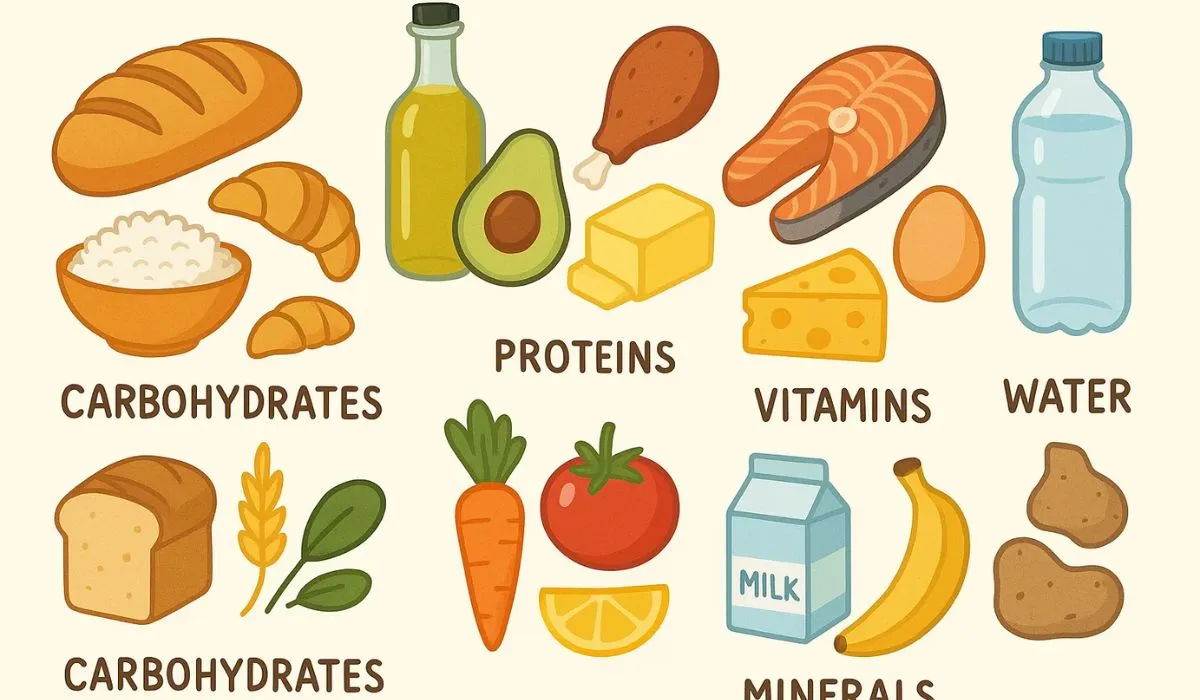Rest has turned into a valuable ware - we love it and need it, however seldom get enough of it. Occupied plans, children, tension and innovation can all impede a decent night rest.
Getting sufficient rest can assume a significant part in your weight, profound prosperity, circulatory strain, diabetes, mental and actual execution, and the sky is the limit from there.
Why is sleep important for health?

The three mainstays of wellbeing are sustenance, actual activity, and rest. Each of the three of these are associated.
For instance, on the off chance that you don't rest soundly, you may not eat well. Individuals get food desires when they haven't rested soundly, and they frequently long for a food with loads of sugars (carbs) like a treat. Also, when you are worn out, the last thing you believe should do is go to the rec center.
Individuals who are completely working focus on each of the three. They should be generally cooperating for better wellbeing.
Here are some other health benefits of sleep:
1: promotes growth
2: helps heart health
3: supports weight management
4: helps combat germs and keep your immune system strong
5: reduces risk of injury
6: increases attention span
7: boosts memory and learning
How much sleep should adults get?

Studies show that adults should get seven to eight hours a night for good health. Some people insist that they can get away with four or five hours of sleep. While these so-called “short sleepers” do exist, they are a very small percentage of the population.
The rest of the self-identified “short sleepers” are mostly staying alert by drinking coffee or other caffeinated drinks. Not getting enough sleep can raise the risk of health consequences.
However, getting enough sleep isn’t just about the number of hours you’re asleep. It’s also about the quality of sleep and that you stay on a regular schedule so that you feel rested when you wake up.
What are some tips for better sleep?
Here are some tips to help you get a better night sleep:
1: Avoid late-night snacking, sugar, caffeine, and alcohol.
2: Turn off electronics, TVs, and computers two hours before bed. The blue light from these devices causes your brain to stay active. Turning them off a couple hours before bed gives your brain a chance to unwind and get ready for sleep.
3: Store all digital devices (e.g., smartphone, tablet, laptop, etc.) in an area of the house other than the bedrooms.
4: Sleep in a dark room because light stimulates our brains.
5: Use an alarm clock rather than your smartphone or tablet as a wakeup device.
6: Keep room temperatures on the cooler side – ideally low to mid-60s.
7: Aim for a consistent bedtime routine and sleep schedule to help your body stay on a regular track. Find a good time for you to go to sleep every night and wake up at the same time every morning. It’s also important to keep that same schedule even on the weekends.
What happens to your brain when you don’t get enough sleep?
Sleep deprivation affects your ability to remember, concentrate, and make good decisions. Your reaction time is also reduced. A sleep-deprived driver has the same poor response time as someone who is legally drunk.
Not getting enough sleep makes us more emotionally unstable. Lack of sleep can cause you to have very strong emotions, such as extreme sadness or anger.
Does sleep play a role in Alzheimer’s disease?
One thing that connects almost all mental and nervous system disorders is some level of wake and sleep disruption. Health experts know that treating sleep disruptions can help stabilize neurologic disorders. But left untreated, sleep disruption may contribute to the progression of disease.
One example is Alzheimer's disease. We know that sleep is disrupted in the early stages of the disease. If we could address that early on, perhaps the progression of the disease could be delayed.
Frequently Asked Questions!
Why is sleep important in simple terms?
Rest is a fundamental and compulsory cycle, without which we can't work actually. It is as crucial for our bodies as eating, drinking and breathing, and is imperative for keeping up with great mental and actual wellbeing. Dozing assists with fixing and reestablish our minds, in addition to our bodies.
Do we know why sleep is important?
Without rest you can't frame or keep up with the pathways in your cerebrum that let you learn and make new recollections, and it's harder to think and answer rapidly. Rest is essential to various cerebrum capabilities, including how nerve cells (neurons) speak with one another.
Is sleeping in good for you?
Staying in bed can assist you with getting up to speed with rest you've lost as of late, which might be defensive against specific medical issue. Be that as it may, staying in bed for significant stretches of time can likewise make you escape sync with your body clock, which can prompt low energy and medical problems like melancholy and heftiness.







